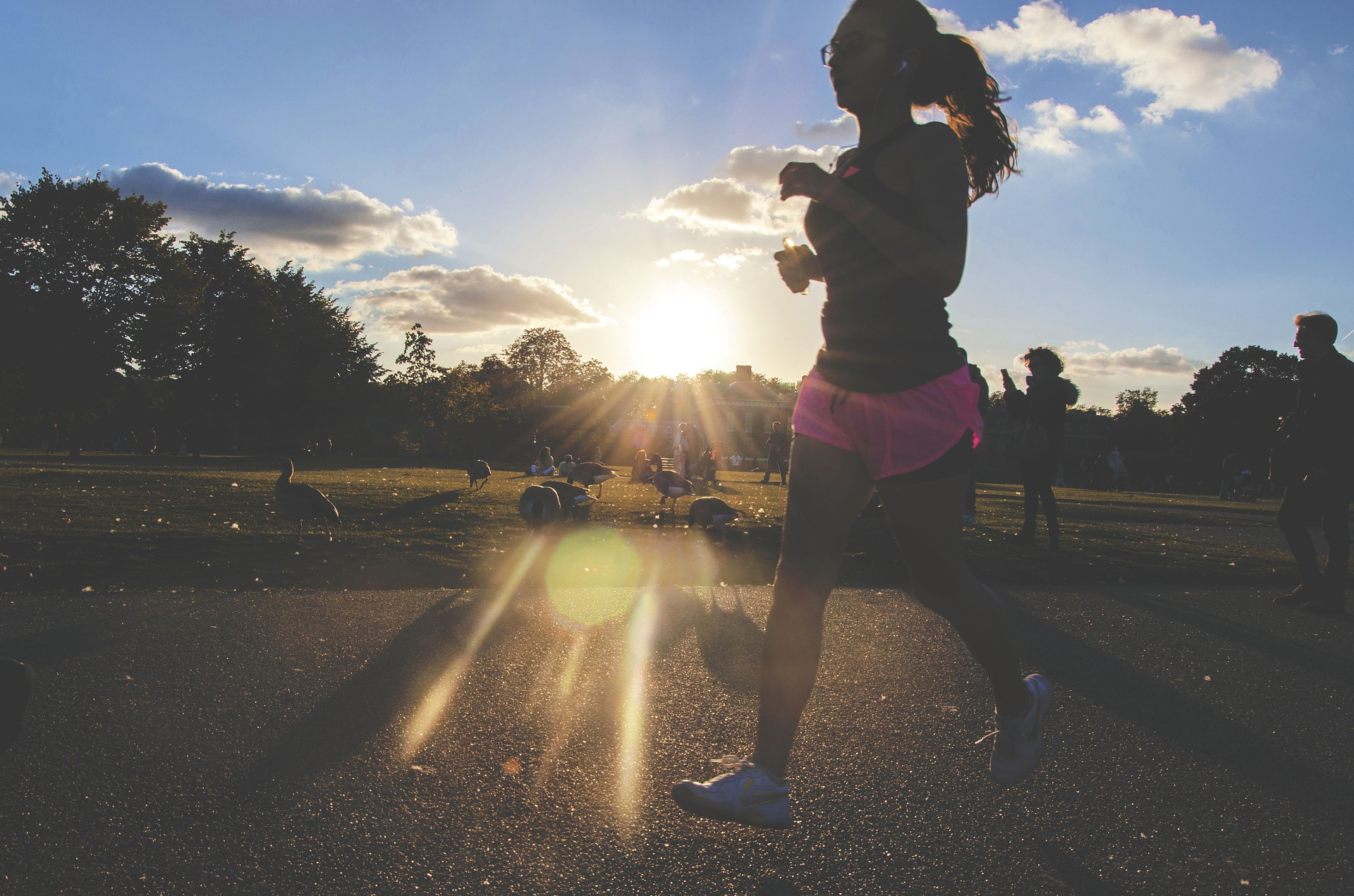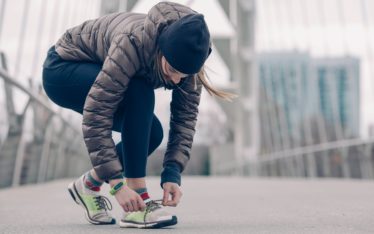We all know we should exercise because it’s good for us, right? Exercise helps us to have a healthy heart, improves blood pressure, increases lung capacity, strengthens muscles and bones and increases mobility, not to mention the psychological factors. But exercise is also vital for hormone balance, which suddenly becomes very important when we hit around 40 years old.
We are constantly told to “eat less, move more!” But this is not the right message for those who have raging hormones to consider (basically 50% of the population). We need to consider what effect our chosen exercise has on our hormones, as we may be making things worse. If we get the right balance, it can work brilliantly. If we get it slightly wrong, it can deplete our energy stores, increase carb and sugar cravings and actually make our bodies hang on to fat even more.
The 3 major hormones affected by exercise are:
1) Cortisol – this is a stress hormone. It pushes up blood pressure and dumps sugar into the blood to use for energy. But if you don’t need all the energy right then, it stores it as fat.
2) Insulin – regulates blood sugar by taking excess sugar out of the blood and storing it in cells for energy. But if there is too much sugar and you don’t need all the energy right then, it stores it as fat.
3) Human Growth Hormone – this stimulates cellular growth and is known as the hormone of youthfulness! It has a pivotal role in fat metabolism, energy levels, bone strength, brain function, and more!
So, what are our exercise strategies when it comes to balancing hormones? Well, a lot will depend on your own individual needs, health and circumstances, but below are some general tips on how certain exercises affect your hormones.
1) Resistance & Weights. Muscle mass declines as we age, especially once we turn 35. The more muscle we have, the more calories we burn therefore increasing our metabolism. Cortisol ‘breaks down’ muscles, so this kind of training is essential if you are stressed. Resistance training also helps to strengthen the bones which is essential for women to lower the risk of osteoporosis as they head towards menopause.
2) HIIT. This doesn’t have to mean high impact! This type of exercise stimulates the human growth hormone and improves insulin sensitivity both of which have a positive impact on the body. Best of all it can be done in under 30 mins, great for all those busy people!
3) Yoga. Participating in mindful exercise that focuses on breathing is really good for lowering stress. It also improves the body’s strength, posture, flexibility and mood.
As we get older, we have to use exercise as a ‘medicine’ depending on our symptoms.
BUT, exercise is not the only things that can affect hormones. We also have to consider diet, chemicals, stress and lifestyle. You can learn about all about this and more at Hormone Workshops run by two local Wimbledon women, Fiona Pike, a Nutritional Therapist, and Jacqui Sechiari, a Health and Fitness Coach.
Workshops are held at the Fit Shack in Merton Park or they can bring a workshop to you. The Fit Shack also offers strength, HIIT and yoga classes. For more information contact jacqui@fit-shack.com or visit the website www.fit-shack.com
Written by guest bloggers Fiona Pike and Jacqui Sechiari






